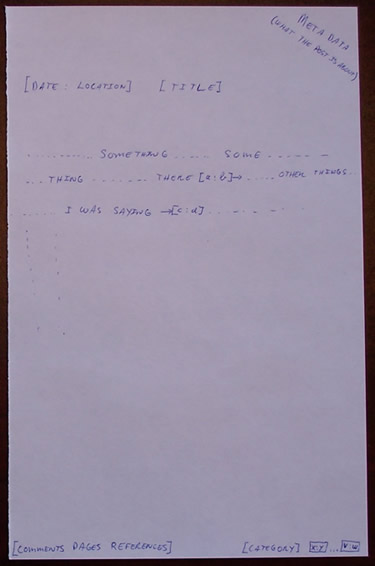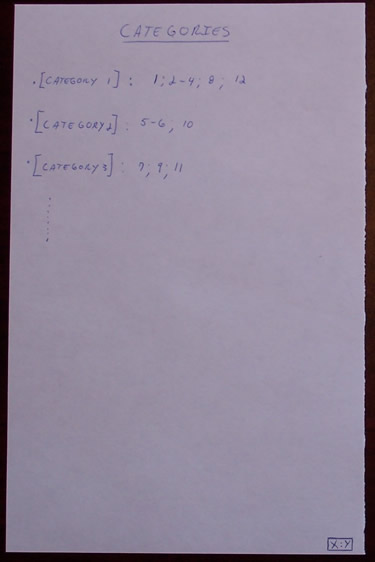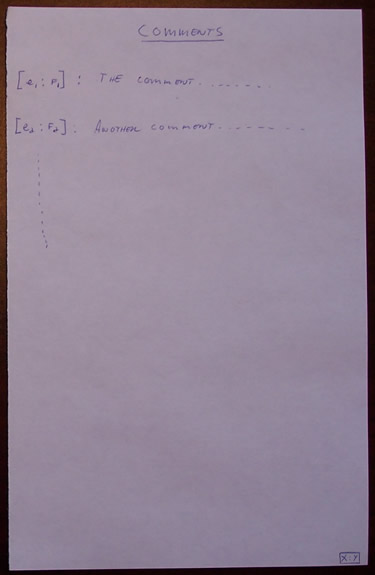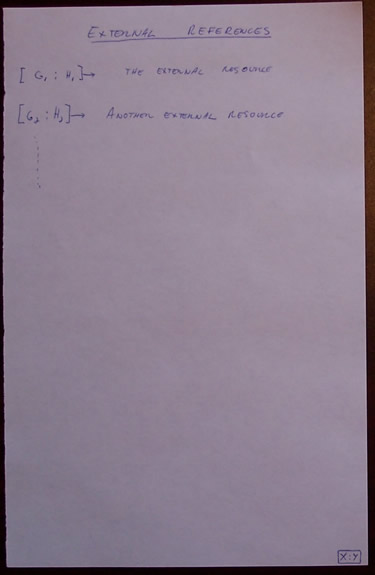Travel Security Tips and Tools (Part 1)
Lodging security tips and tools
Have you traveled in a foreign country, a place you haven’t been before; a third world country? You can fear such place; you can be fascinated by them. Some rest in their neighborhood all their life because they fear them; other put their lives in danger because they are fascinated by them. The firsts can learn to not fear them to have the chance to learn fascinating things from these places; other can learn to not put their lives in danger to have a chance to continue to learn from them. Both of them can learn security hints and tips to help them to archive their aims.
Some kind of things can be done to increase your security, at home or while traveling. The first and principal one is awareness. Awareness can be acquired in many ways. We’ll check some of them. The second is tools; all can be used as tools; but some are better then other in different situations; we will check some of them.
Awareness is a state of mind. It’s a way of thinking and probably your best friend and weapon. What differentiate a great warrior and a death one? Their awareness. The first have; the second doesn’t. Be aware of what? Developing situations, environment and your interaction between both of them.
All awareness self-defense principles apply. They are more than essential in an unknown place. They all apply when we talk about travel security. Right now, what’s interest us are the things that you need to be aware off when you are choosing a room in an unknown hostel and what to do when you have chosen it.
When you get near the targeted hostel, check the surrounding place. Check the people; check the buildings; observe. Are you suspecting things? Feel your guts; are they trying to tell you something? If you answer yes to one of these questions then go to another place. Is this paranoia? No, it’s awareness. If your feelings are right then enter in. Check the place and the staff working in. Always keep your luggage with you; put them in front of you or between your legs if you need to wait in a lineup or need some rest. If your feelings are always right then ask for a room. Don’t pay for it right now. Ask to see it before. If you don’t like it then ask for another one. You are the client, don’t forget it!
What do you need to be aware of when you are checking for a room? Some things are essentials. The location of the Room is one of them. The room is at which floor? Is there a security stair near your room in case of fire? The first 3 floors are habitually a good bet. After, inside the room, how many of exists are accessible? Can you use them properly? Are they helpful in case of emergency exit? If it’s a window, check if you can open it. Check if you would be able to use it as an emergency exit.
I think that the first principle in traveling security is to look like and act likes a local. It will save you a lot of problems. People like and trust person that look like them. It gives them the sentiment that they can predict their behaviors that result a sentiment of security. This principle also blurs (and possibly erase) the prey tag on your head. It’s not just a question of how you look like personally but it can also be a question of how the environment near you looks like. What I mean? Okay, you got your room and you’ll sleep in. You had two small cards on your night desk They just wait to be put on your room’s doorknob, to tell the staff what to bring the next morning or to not disturb. There are two of them, one in English, that you understand, and the other in the local language. Please, don’t put the English one at your door, put the other. Remember, you try to look like a local. You don’t need to tell them that in this bedroom, there is a rich foreigner full of cash that is just waiting to be stolen. This, you don’t need. Remember, local police don’t care of you and your problems. Specifically because they are your problems and not them; they have much more to do than investigate some little felony. Remember, you are in a third world country. In these countries, sometimes, police is just the name given to another criminal group.
Now you look like a local, you act like a local, your room is well situated and you have 2 good emergency exits. You got the jackpot. You have done everything in your power to get out of troubles. The problem is that sometimes, things can even append. Awareness just decrease your chances to be in troubles, it doesn’t erase them. It’s in this case that your situation handling skills will be helpful.
It’s why tools have been invented: to try to increase the effectiveness of your actions. Security tools have 2 utilities: help prevent things to append and help you in the actions you took to face a particular situation. The first utility is passive, the second is active.
Many passive tools can be useful in our actual situation. The first one is a portable door lock. This tool is awesome in his simplicity. With it you’ll only be able to unlock a door by inside. It’s a simple piece of metal that you put on the door’s lock mechanism; and it cost only around 10$USD. It can save you a lot of trouble while sleeping.
Why not add another security layer to your door’s lock? Use a personal alarm with door adaptor. Yes, I’m talking of the alarm that cry at 130Db when you put off the alarm’s sling. It’s not just useful on you. If you buy an adapter you can use it on your door or on the window. The adaptor is just a small metal clamp that you put between the closing door or the closing window and their frame border. While the contact is made, the alarm is off. If the contact between the 2 parts of the clamp is lost then the alarm will start. Then if someone opens the door, the clamp will fall on the floor and the contact will be lost; then the alarm will start and woke you up. What a wonderful multi-utility security tool! And it just cost you around 20$USD. Another interesting tool of this kind is an Alarm door stopper that you can find for around 12$USD
Another tool that can save your life while you are sleeping is a portable smoke detector. In most third world hostel they just don’t have one and when they have one, it’s possible that batteries are not working since many years. It will cost you about 20$USD and will save your life if the situation happen.
Depending of the country you are in; don’t forget to put a bug net over your bed! It will protect you from mosquitoes’ bites and all of their resulting diseases. Check the risks with your local travel agencies before leaving.
All these systems will buy you reaction time. It’s this reaction time that will save your life in many situations; and naturally what you’ll do with this time. The question of what to do with your reaction time depend on each situations and the training you got to manage them. Otherwise, some active tools and habits can always be useful in most situations.
A good habit is to pack all of your stuff that you don’t need to sleep in you travel bag and put it beside you before sleeping. Your mum probably tells you to leave anything inside the house when you need to get out of the house for an emergency. She is right but the problem is that you are neither in your house nor your country. You can be in a place that none of your follows know the existence of. A place where your government doesn’t have an embassy. A place where you need all of your precious things to keep you alive. Water purifier, comestible food, medicaments, etc. If you lose them, it would be like an arrival in hell, Hades waiting for you. This advice doesn’t have any implication on you and your safety. You get 5 minutes to pack your things before sleeping. If something goes wrong and you need to immediately leave the place, you only have to bend one arm, get you travel pack and leave as soon as possible. That’s it.
A good active tool that is always useful to have ready is a thing that humans used and loved since ages; a light source. His primary use is to see in dark. Wow, what a discovery! Not really, but it’s essential when we talk about security. If there have a problem that forces you to leave precipitously, you need to see where you are going. If there is not any light, your movement will be slowed. You’ll have a chance to fumble on rubbles and possibly disable you for a moment. Then your hard gained reaction time will be lost forever. A simple spotlight will probably safe your great arms. Otherwise, it also can be used as a kubotan or a bludgeon dependant of his dimensions or be used to blind a possible opponent for some precious seconds that let you the time to get out of there!
Simple things can save your life while traveling. No one of these tips is hard to apply; they are just common senses. This is my first article on traveling security. I started with lodging security while traveling because it reach every travelers; business, leisure or adventure travelers. It’s vital and essential. You need to sleep every day and you need to sleep well.



